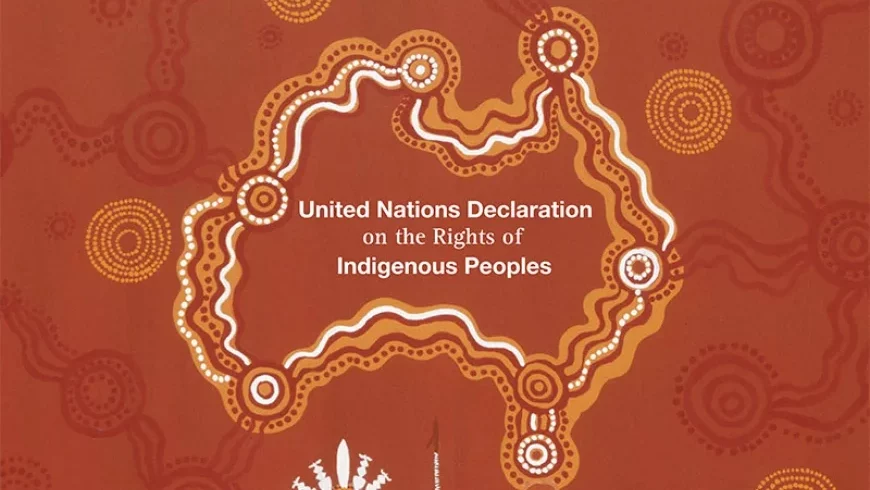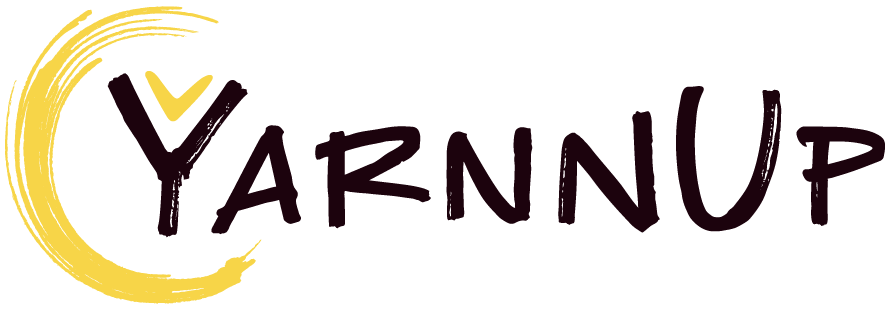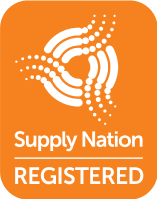On this day, 13 September 2007 the United Nations Declaration on the Rights of Indigenous Peoples (UNDRIP) was adopted by the United Nations General Assembly. It was a historic moment when majority of UN member states voted in favour of the declaration, with only a few countries opposing or abstaining.
Australia initially did not vote in favour of the declaration. At that time, Australia, along with a few other countries, expressed concerns about certain provisions in the declaration. However, Australia reversed its position and formally endorsed UNDRIP on April 3, 2009. This change in stance was seen as a significant step toward recognising and protecting the rights of Indigenous peoples in Australia.

So, what is the United Nations Declaration on the Rights of Indigenous Peoples?
It is a significant international document that sets out the individual and collective rights of Indigenous peoples, as well as their rights to culture, identity, language, employment, health, education, and more. The declaration emphasises the rights of Indigenous peoples to self-determination, which includes the ability to make decisions about their own affairs and development.
UNDRIP is significant for several reasons:
Recognition of Indigenous Rights: It represents a historic recognition of the rights of Indigenous peoples, including their right to maintain and strengthen their own institutions, cultures, and traditions.
Right to Self-Determination: UNDRIP affirms the right of Indigenous peoples to self-determination, which means they have the authority to make decisions about their political status, economic development, and more.
Cultural Preservation: It underscores the importance of preserving and revitalising Indigenous cultures, languages, and traditions, recognising their unique contributions to the world’s cultural diversity.
Land and Resources: UNDRIP addresses issues related to land, territories, and resources, emphasising the rights of Indigenous peoples to control and use their traditional lands.
Consent: It requires that Indigenous peoples provide their free, prior, and informed consent before any project affecting their lands or resources can proceed, giving them a say in developments that may impact them.
Protection Against Discrimination: UNDRIP prohibits discrimination against Indigenous peoples and promotes their full and effective participation in all matters that concern them.
Global Framework: It serves as a global framework for the protection and promotion of the rights of Indigenous peoples, guiding policies and actions at the national and international levels.
UNDRIP has played a pivotal role in advancing the rights of Indigenous peoples worldwide and promoting greater awareness and respect for their cultures and contributions. However, it’s important to note that its full implementation can vary from one country to another, and challenges persist in ensuring these rights are upheld universally.
In conclusion, the United Nations Declaration on the Rights of Indigenous Peoples represents a significant milestone in recognising and respecting the rights and cultures of Indigenous peoples worldwide. However, it’s not enough for governments and organisations alone to champion these rights. It’s also our responsibility as individuals to take action.
We encourage everyone to take the time to educate themselves about Indigenous peoples, their rich cultures, and their histories. Seek out books, documentaries, and resources that provide insights into the diverse Indigenous communities around the world. Engage in respectful dialogues, attend cultural events, and, most importantly, listen to the voices of Indigenous peoples themselves.
By being informed and empathetic, we can contribute to a more cohesive and harmonious future where the rights, cultures, and contributions of Indigenous peoples are fully acknowledged and celebrated. Let us all play a part in building a world where the principles of UNDRIP are not just words on paper but a lived reality for Indigenous communities everywhere.
* ends *



